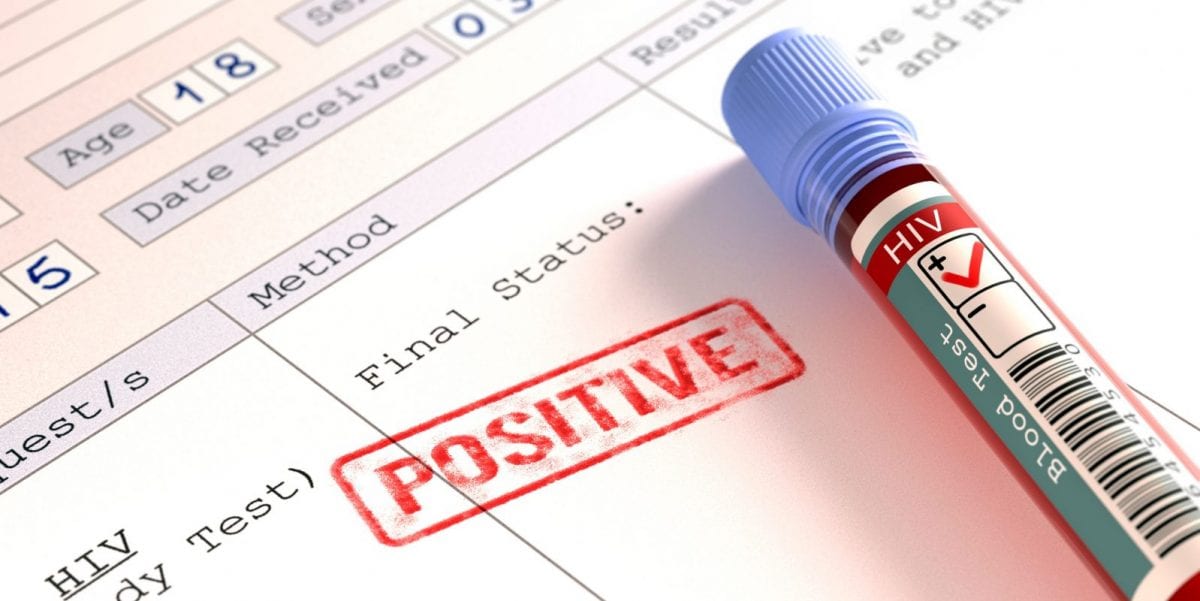When it comes to preventing HIV, there are only a few ways to guarantee you won’t face the virus. That includes abstaining from all vaginal, oral, and anal sex. It also means never sharing needles at any time. Abstaining indefinitely from all sexual activity isn’t an attractive prevention method; however, it’s the only technique that guarantees you won’t get HIV from a partner. If you’re looking to lower the likelihood of contracting HIV, here are five possible ways to prevent the spread of HIV (although nothing is foolproof).
Always use protection
Male latex condoms are the most effective method of preventing HIV or other sexually transmitted infections when you have sexual contact with someone. A man doesn’t need to ejaculate to pass along an STI (including HIV), making it essential to put the condom on before the penis touches the vagina, anus, or mouth. Female condoms can also protect against HIV and other STIs, although other birth control methods will not.
It’s also a wise idea to limit the number of sexual partners; the higher the number of people you’ve been intimate with, the higher the likelihood of getting an STI or HIV. Limiting excessive alcohol or drug use is also a wise idea. Both of these substances alter your perception, including safe decision-making. This makes individuals more likely to share needles or engage in unprotected sex while intoxicated.
Consider PrEP Medications to Lower the Risk
There are currently several medicines available to lower the risk of getting HIV. PrEP is one prevention method for people who are HIV-negative but may be at high risk. These medications are once-daily pills that offer protection after seven days. Before starting any new drug, talk to your doctor about possible PrEP side effects. Most often, these effects are typically mild and resolve on their own. Studies have shown that people taking PrEP medications daily are significantly protected against HIV.
Alternatively, PEP medicine is for anyone who may have recently been exposed to HIV. These medications must be taken within 72 hours of contact and are required for at least 28 days after exposure. This medication stops the virus from duplicating inside of the host, to prevent the spread of HIV throughout the body.
Don’t Douche or Use Enemas
Douching removes some normal bacteria within the vagina that protects the body from infection. It can also disrupt the pH balance, making women prone to yeast infections, bacterial infections, and STIs. Vaginal douching may also cause micro-tears within the vagina that creates a more accessible entry point for HIV to enter the body.
As the cell membrane within the anus is relatively thin, the cell barrier that protects the body from infection can become easily torn with enemas. These microtears can cause holes within the cell membrane that allows HIV to pass through easily.
Stay Monogamous
Having just one sexual partner and remaining exclusive with that partner can significantly prevent the spread of HIV and other STIs. This is particularly true when both partners are committed to the relationship and have already had STI screening to ensure both are free of infections. It’s always a good idea to have STI testing before starting any new relationship or at the end of a relationship breakdown. Unfortunately, infidelity can cause new STIs within the partnership, especially if this is done multiple times.
Stay on Top of Testing
Before you and a partner engage in sexual activity, constantly get tested for HIV and STIs. It’s important to talk to each other about the results before being intimate, so you are educated and informed. Having an STI will increase your chances of an HIV infection, particularly during sexual intercourse. Any time you have an STI, you should always request an HIV test too.
If your partner has HIV and other STIs, there’s a higher chance of you contracting HIV. That’s because STIs impact the viral load of an HIV-positive person. It brings higher concentrations of the viral load to the area of infection (which is typically in the genital region). As an HIV-negative person, engaging in sexual activity during this time puts you at risk for STIs and HIV.
It’s always a good idea to get tested every few months for standard STI screening. Monogamous relationships can likely delay this testing period to a year, as the chance of having a sexually transmitted disease is significantly lowered in a committed relationship (if both parties have previously been tested).








